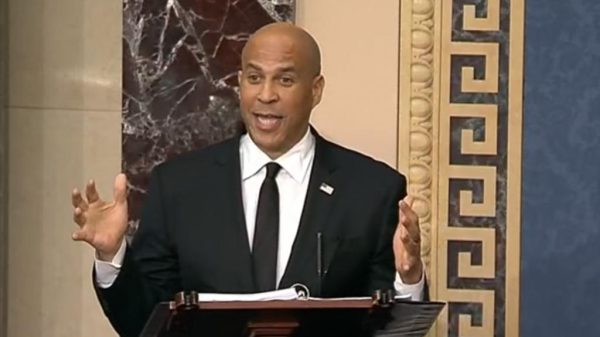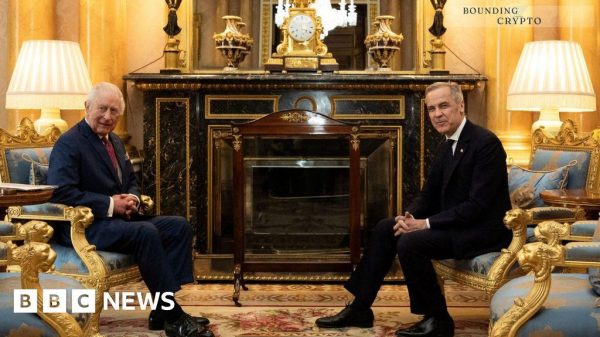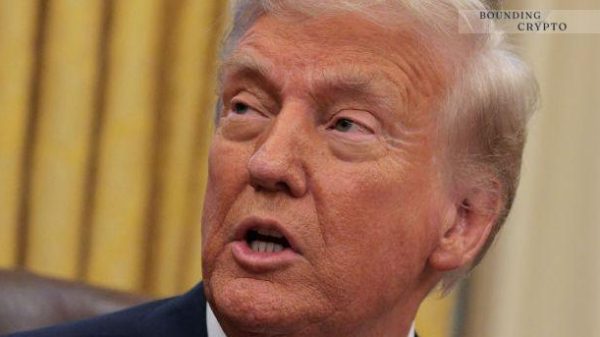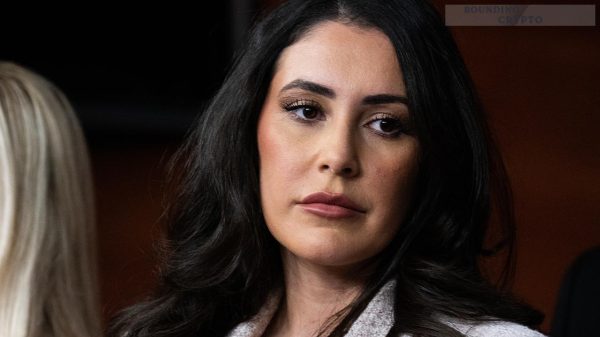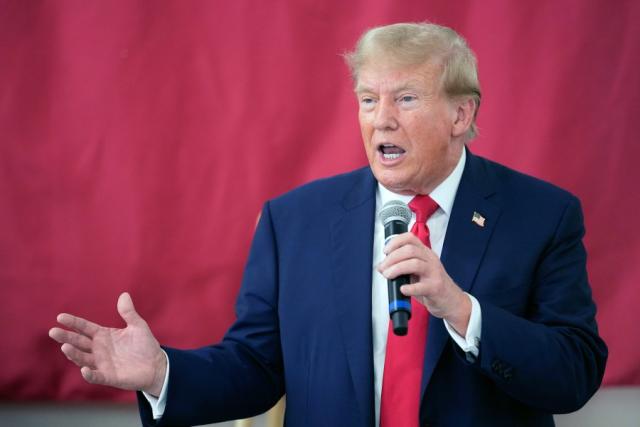
Former President Donald Trump on Saturday called on an appeals court to throw out the federal charges alleging he tried to steal the 2020 presidential election.
Attorneys for the former president argued in a 71-page filing to the D.C. Circuit Court of Appeals that the charges Trump faces should be dismissed. The lawyers claim Trump’s actions following the 2020 race for the White House fell under his official responsibilities as president.
A federal grand jury indicted Trump in August over his efforts to overturn the race, and he was arrested just weeks later in Georgia on election charges in the Peach State.
“The indictment of President Trump threatens to launch cycles of recrimination and politically motivated prosecution that will plague our Nation for many decades to come and stands likely to shatter the very bedrock of our Republic—the confidence of American citizens in an independent judicial system,” Trump’s lawyers wrote in the Saturday filing, which only applied to the federal election case against the former president, not the case in Georgia.
Trump has repeatedly argued that his actions following the 2020 election are protected because he was acting in an official capacity as commander in chief. The filing on Saturday called on the Washington appeals court to reject a lower court’s ruling that refused this claim of immunity.
Trump’s trial in the case is scheduled to begin in March. The charges brought by special counsel Jack Smith could land him in prison for decades.
The Supreme Court on Friday sidestepped the question of whether Trump may claim immunity from criminal charges tied to his alleged interference in the 2020 election, but the legal wrangling over the issue is far from over. The same case will almost certainly return to the Supreme Court in coming months, but the move signals that the issue will first be decided by federal appeals courts.
And U.S. District Judge Tanya Chutkan earlier this month rejected a series of arguments from Trump to have the case dismissed, including that he can’t be prosecuted because his alleged actions were “at the heart of his official responsibilities as President.”
“Defendant’s four-year service as Commander in Chief did not bestow on him the divine right of kings to evade the criminal accountability that governs his fellow citizens,” Chutkan said in her Dec. 1 ruling.









